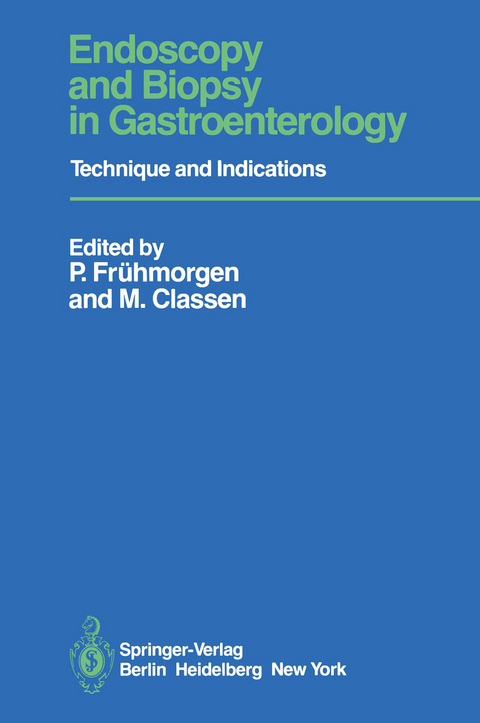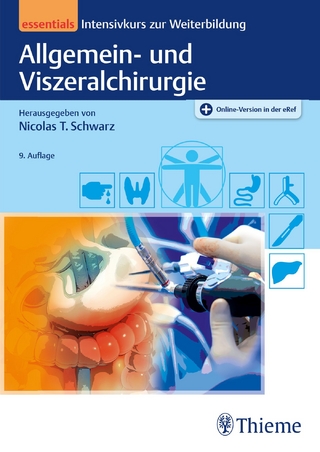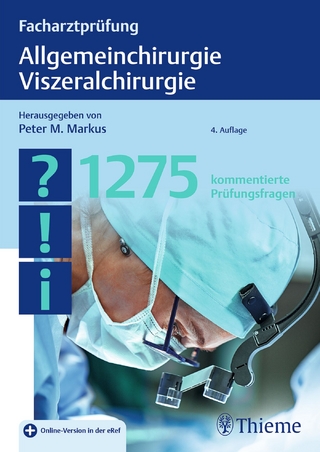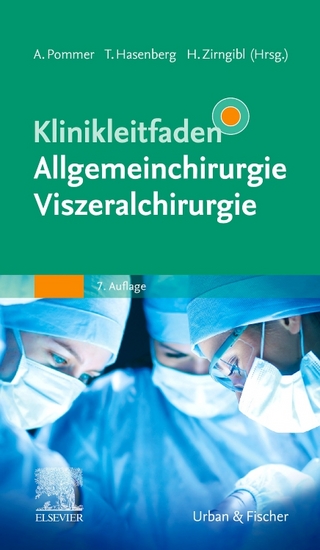
Endoscopy and Biopsy in Gastroenterology
Springer Berlin (Verlag)
978-3-540-09645-0 (ISBN)
1 General Section.- 1.1 Organization of an Endoscopy Service.- 1.2 Cleaning and Maintenance of Endoscopic Instruments.- 1.3 Documentation of Endoscopic Findings.- 1.4 Emergency Treatment of Complications.- 1.5 Gastroenterologic Biopsy (Acquisition and Processing).- 1.6 Gastroenterologic Cytology (Acquisition and Processing).- 2 Special Section.- 2.1 Esophagogastroduodenoscopy.- 2.2 Endoscopy of the Postoperative Stomach.- 2.3 Postbulbar Duodenoscopy and Endoscopic Retrograde Cholangiopancreatography (ERCP).- 2.4 Enteroscopy.- 2.5 Colonoscopy.- 2.6 Proctosigmoidoscopy and Proctoscopy.- 2.7 Emergency Endoscopy.- 2.8 Therapeutic Endoscopy.- 2.9 Blind Aspiration Biopsy.- 2.10 Blind Liver Needle Biopsy.- 2.11 Laparoscopy.- 2.12 Laparoscopic Inspection and Biopsy of the Pancreas.- 2.13 Fiberendoscopy of the Common Bile and the Major Pancreatic Duct.- 2.14 Laparoscopic Splenoportography.- 2.15 Laparoscopic Cholecystography.- 2.16 Percutaneous Transhepatic Cholangiography.- 2.17 Percutaneous Transhepatic Cholangiography with the Chiba Needle.
| Erscheint lt. Verlag | 1.7.1980 |
|---|---|
| Co-Autor | K. Arnold, M. Classen, K. Elster, P. Frühmorgen, H. Henning, R. Hohner, H. Koch, H. Lindner, D. Look, B.C. Manegold, G. Manghini, C. Romfeld, W. Rösch, L. Wannagat, S. Weidenhiller, W. Wenz |
| Übersetzer | H. V. Ammon, K. H. Soergel |
| Vorwort | L. Demling |
| Zusatzinfo | X, 198 p. 61 illus. |
| Verlagsort | Berlin |
| Sprache | englisch |
| Maße | 152 x 229 mm |
| Gewicht | 400 g |
| Themenwelt | Medizinische Fachgebiete ► Chirurgie ► Viszeralchirurgie |
| Medizinische Fachgebiete ► Innere Medizin ► Gastroenterologie | |
| Medizinische Fachgebiete ► Innere Medizin ► Hepatologie | |
| Schlagworte | biopsy • Endoscopy • Gastroenterologische Biopsie • Gastroenterologische Endoskopie • gastroenterology • Gastrointestinal Tract • hepatology • Laparoscopy • Liver • pancreas • Stomach |
| ISBN-10 | 3-540-09645-0 / 3540096450 |
| ISBN-13 | 978-3-540-09645-0 / 9783540096450 |
| Zustand | Neuware |
| Haben Sie eine Frage zum Produkt? |
aus dem Bereich


